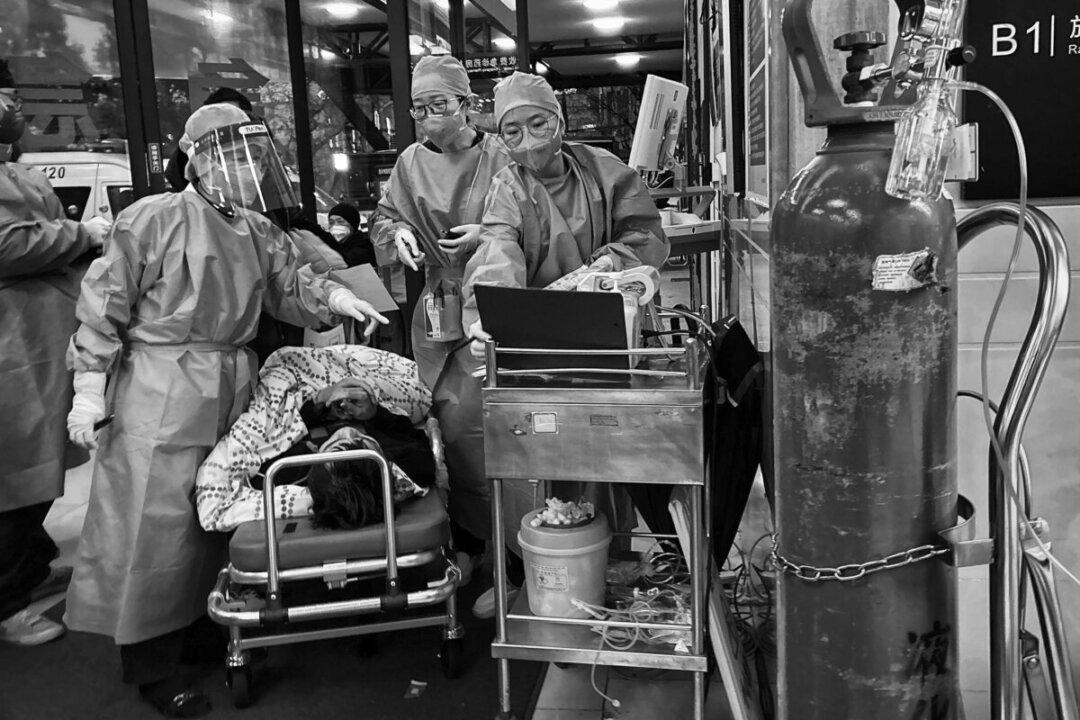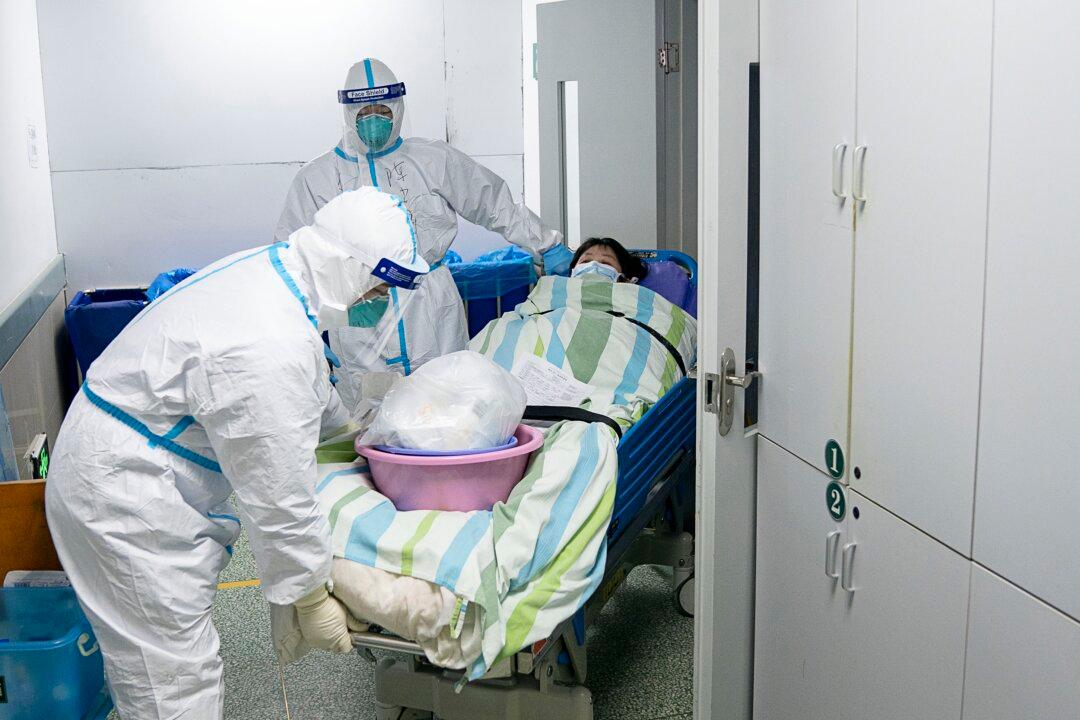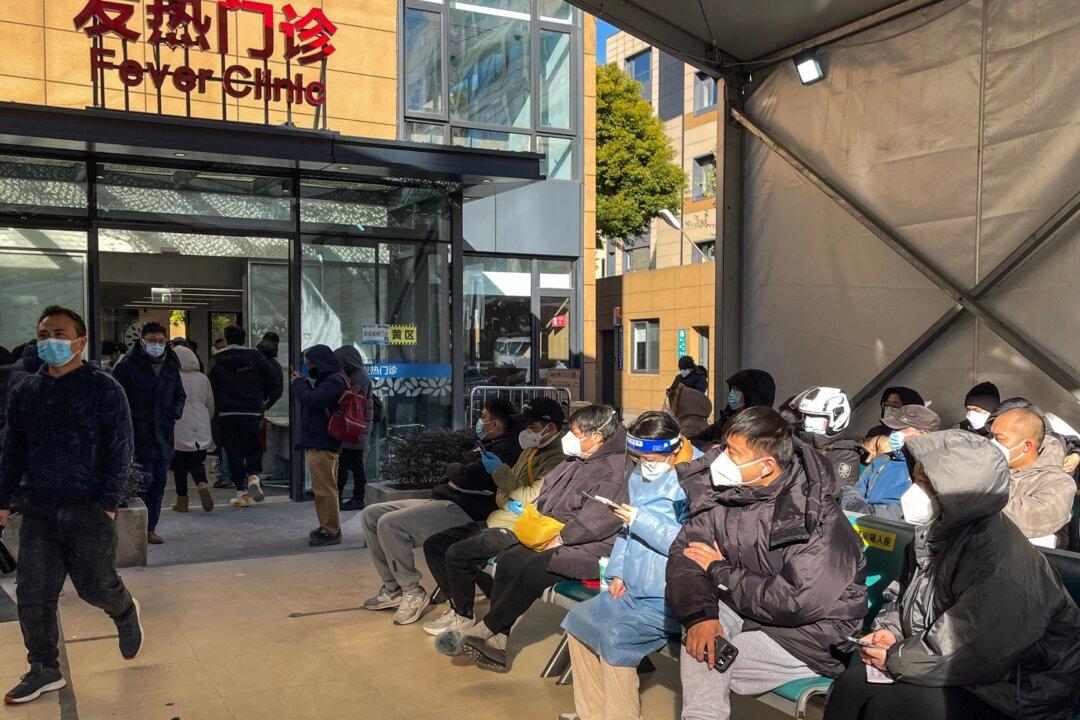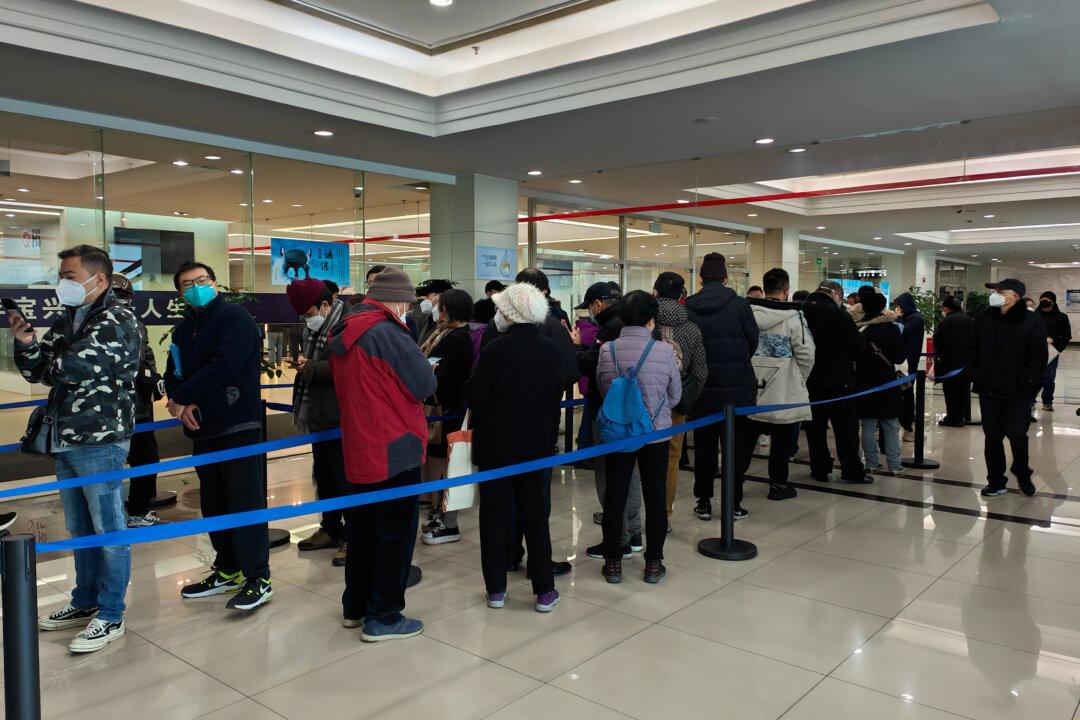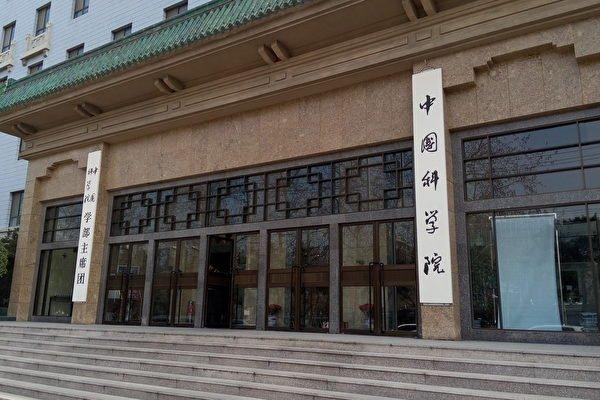As China struggles with a new wave of COVID-19 variants this autumn, official releases on the deaths of high-ranking officials, including a former commander of the Air Force and former party heads of provinces and cities, list the cause of “illness.”
On Oct. 10, China’s Centers for Disease Control and Prevention reported 398 COVID-19-incited severe cases and 45 fatal cases in September; a total of 11,629 infections were reported with omicron variant strains.
